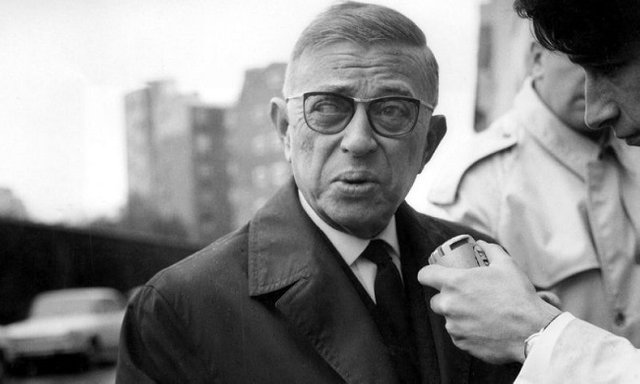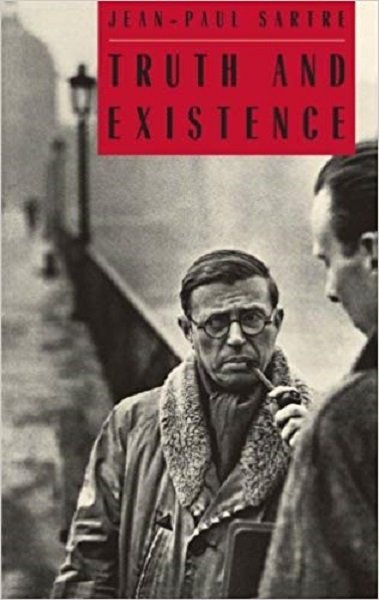The philosophy of Jean-Paul Sartre. The Truth - Legend and Existence.
It is known that "Truth and Existence," a work written around 1947-1948, and published 9 years after Sartre's death, is inspired by Heidegger's "About the Truth". There is no doubt that the concept outlined in truth and "Truth and Existence" not only marks a serious step forward in terms of phenomenological anthology but also represents a very substantial contribution to the phenomenological theory of knowledge as a whole. Under the influence of Heidegger Sartre, his main task is to justify a new ontological theory of truth by clarifying the question of what the truth is according to his being.
So long before Derrida finds out that the truth is hybrid, it is a sort of cross between being - in - itself and being - about - self - or - one in - itself - about - yourself. But unlike value as unattainable, based on deficiency and non-existence, truth is a synthesis referring to a concrete and strictly defined reality that is revealed. In this capacity, truth is a process that takes place as a constant exchange between being - in - itself and being - for - itself, and this essentially existential - existential concept of truth is directed both towards Kant and Huser 's prioriism, as well as against phenomenological fundamentalism. The basis of this eventual existential theory is Sartro's view, grounded in "Genesis and Nothing", with the concept of the pre-reflexive concept, that consciousness is not knowledge, but existence or subjectivity, through the unsubstantiality, which leads to a peculiar doubling of being.
All these themes: about the essential connection of man with being, about existence as transcendence and holy formation, about spontaneous and free intent of consciousness, about truth as coloring and subtracting from oblivion as a non-authentic form of existence are perceived and transformed by Sartre. The initial phenomenological phenomenon from which he comes is that, as a presence, the person from the beginning is a resident in the truth. The main idea of this youth work is that truth accompanies man's coincidence and coincides with it, that is, with human imaginations and creations, which is why we should speak not of Truth, but of truths. But from the very beginning of history, the truth of the truth itself has been concealed by mythological and identity with the very objects and products of human activity, through its objectification and presentation, and something strange to the person himself. This alienation of truth and the conception that the myth, the illusion and the delusion are the dark, unclear ground from which the radiant light of truth emerges, as the day is born of the night, not only reproduced in "Truth and Existence" through the prism of one a new reading of Heidegger, and become the theme of a complete and original concept of ignorance.


I was inspired by Sartre when it comes to existentialism because I draw similar conclusions that there is no universal meaning of life idea that works for everybody. Instead, we as individuals are able to find our meanings of life.
This post has received a 10.81 % upvote from @boomerang.
To listen to the audio version of this article click on the play image.

Brought to you by @tts. If you find it useful please consider upvoting this reply.